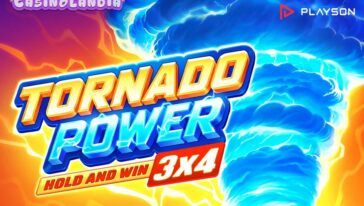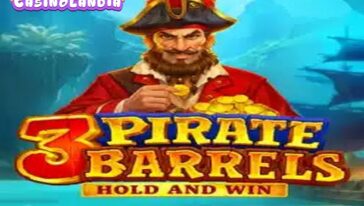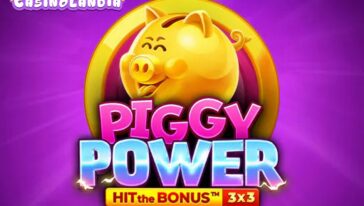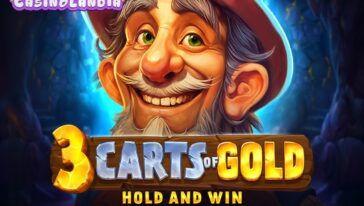- Game Providers
- Industry News
Playson Expands Reach in Croatia Via National Lottery Agreement
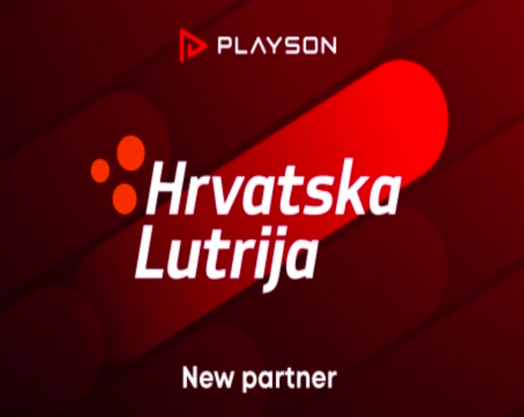

Playson Expands Reach in Croatia Via National Lottery Agreement
Playson's recent move into a new operational phase in Croatia may indicate a broader recalibration in how international content providers approach regulated European markets. The supplier has announced a partnership with Hrvatska Lutrija, Croatia's national lottery operator, through which selected titles from its slot portfolio are now available on the lottery's digital platform.
The agreement, made possible through integration via the Bragg Hub aggregation system, reflects a growing coordination trend between private suppliers and state-affiliated operators. It also reinforces the role of aggregation platforms as intermediaries in jurisdictions where direct integrations are less common or require additional procedural clearance.
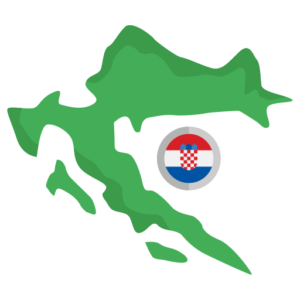

Under the agreement, Croatian players now have access to a group of Playson games built around a consistent mechanical structure. The offering includes titles such as Royal Coins 2: Hold and Win, 3 Pots Riches: Hold and Win, and Coin Strike: Hold and Win. These games rely on hold-and-win gameplay elements that have proven stable in regulated environments due to their straightforward mechanics and scalable engagement features.
While these additions represent a small fraction of Playson's overall catalog, their selection indicates a deliberate approach. In jurisdictions where content undergoes local approval processes or must comply with additional technical standards, deploying a curated range of titles can streamline compliance and performance tracking.
The decision to expand the operator's slot portfolio with external titles may reflect an effort to retain digital engagement levels in the face of changing user expectations. While traditional lottery formats remain used, player behavior has shifted toward instant-win formats and modular digital content. Incorporating third-party games enables national operators to remain competitive without fully restructuring their platforms.
In this instance, adding Playson titles through a single aggregation layer offers a solution that is technically contained and operationally manageable. Hrvatska Lutrija retains oversight of its platform's structure while incorporating content that aligns with regulated slot standards.


Croatia, while not the largest European market in terms of volume, represents a well-regulated jurisdiction where new entrants are expected to meet technical, financial, and procedural standards. For suppliers like Playson, aligning with the national lottery may offer fewer operational unknowns than pursuing direct licensing or standalone market penetration.


The collaboration may offer longer-term value beyond initial content delivery for both parties. Hrvatska Lutrija's position as a state-backed platform provides Playson with access to a broad user base under conditions of relatively low volatility. For the operator, including external content supports player retention without requiring significant technical overhauls or internal development cycles.
What remains to be seen is whether this type of alignment becomes more common across similar jurisdictions. Several European lottery operators already include third-party content, but the dynamics differ based on national policy and local licensing structures. Suppose Playson's strategy in Croatia proves effective regarding user metrics and platform stability. In that case, other suppliers may follow suit in markets where the lottery operator is the default gateway to regulated online play.
Hot New Casino Products By Playson
Check Out These New 10 Playson's Slots








